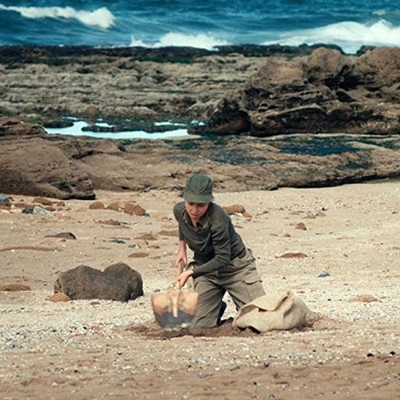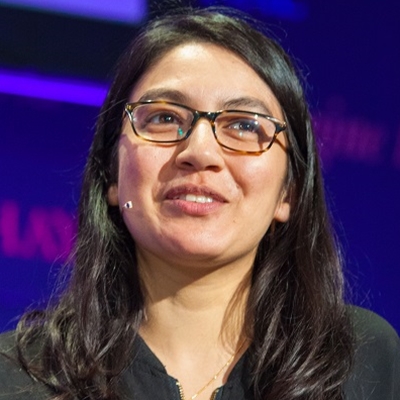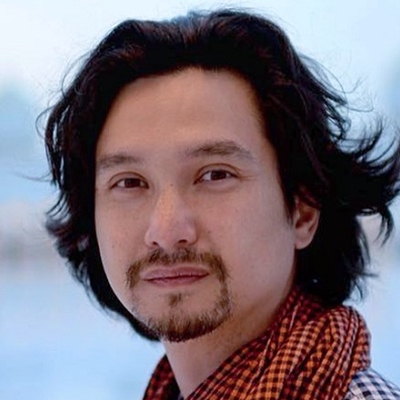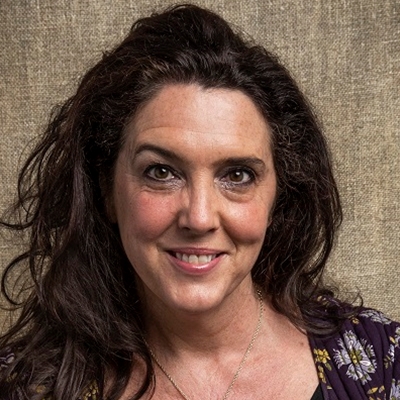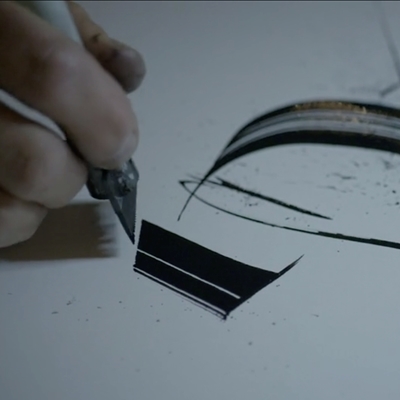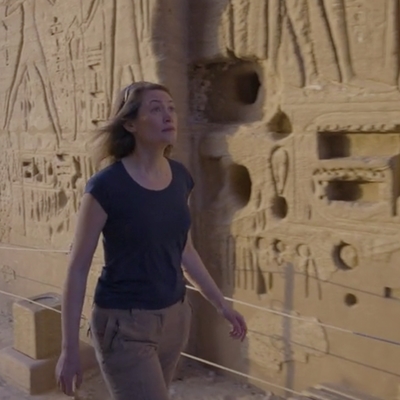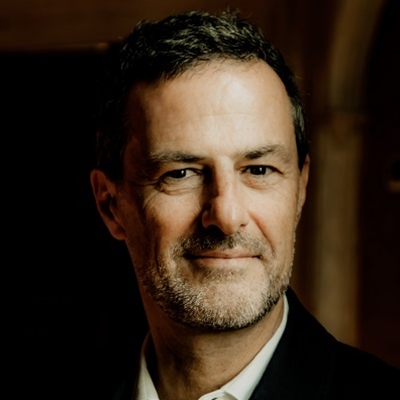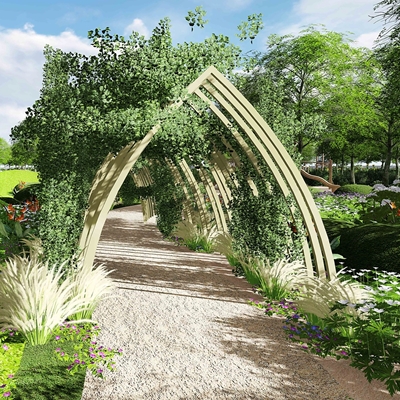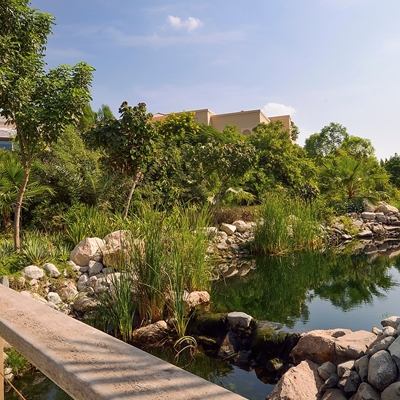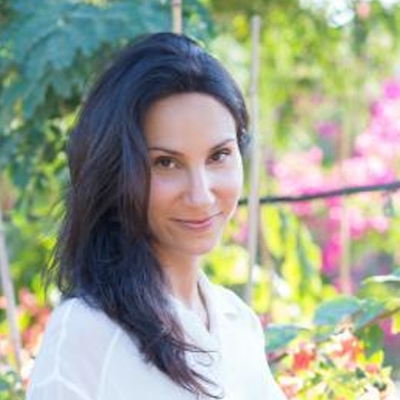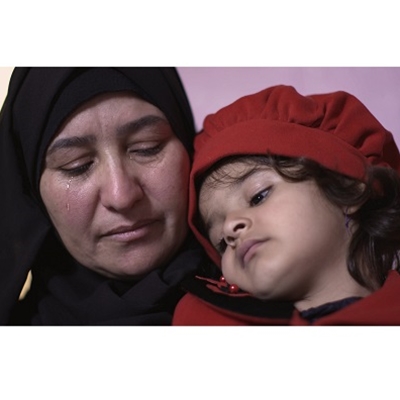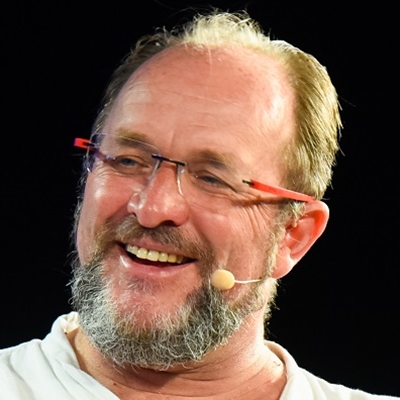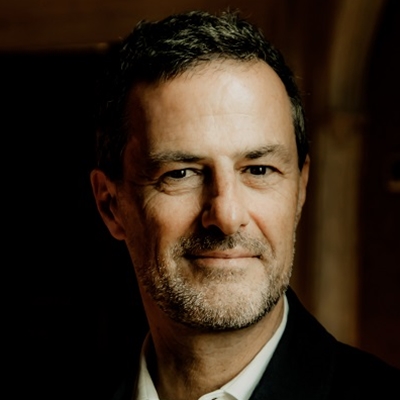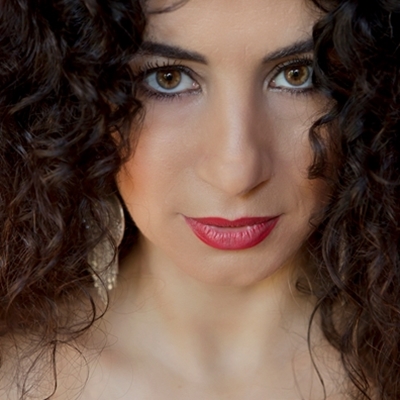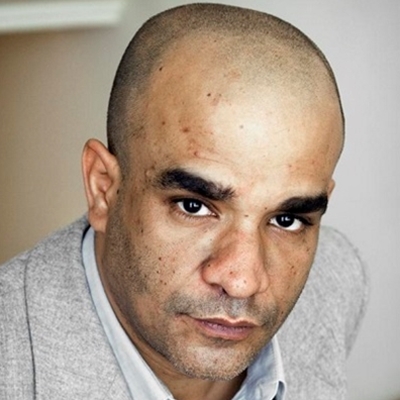Hay Festival Abu Dhabi 2020 Programme
Event 1

Event 2
Following the Silk Roads eastwards from Europe through to China, by way of Russia and the Middle East, The New Silk Roads provides a timely reminder that we live in a world profoundly interconnected. In this prescient contemporary history, the author assesses the global reverberations of these continual shifts in the centre of power.

Event 3
The eminent Emirati short story writer currently serves as Chairman of the Mohammed bin Rashid Al Maktoum Library Foundation and as a Trustee of the Emirates Literature Foundation. He reflects on a lifetime of reading and adventuring in the world’s literary cultures and libraries.
In conversation with Rasheed-al-Khayoun.

Event 5
The classicist and historian tells the story of extraordinary, transformative projects helping refugee stonemasons to begin to rebuild the shattered treasures of Syria. The new trainee masons, artisans and artists are both women and men. The lecture is illustrated with film footage from Hughes’ documentaries about the project.
Hughes’ books include Istanbul, The Hemlock Cup and Helen of Troy.
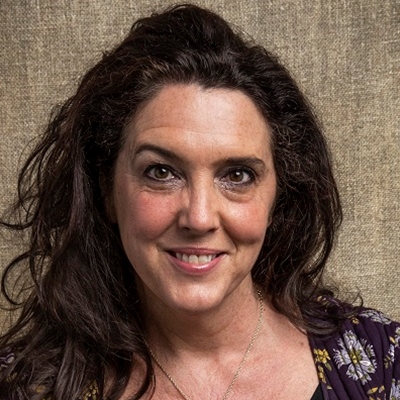
Event 8
Oumniya ('My wish') marks the great comeback of Souad Massi, the Algerian chaâbi-folk icon. Her sixth album is anchored in current events, covering Algeria, politics, love, freedom and emancipation. Massi plays an Algerian mandole, the main instrument of châabi and Kabyle music, creating a light, melodic folk, balanced with pop, and adds an Arab-Andalusian violin (Mokrane Adlani) and the derbouka (Rabah Kalfa) with Latin drums (Adriano Tenorio). She weaves genres together, as in popular Algerian songs (châabi) and the poetry of Aït Menguelet, champion of the Kabyle resistance, with touches of reggae and fado. Oumniya (which addresses the pain of betrayal), is the first of thirteen songs, most of them sung in Arabic and written by Algiers-born Massi.
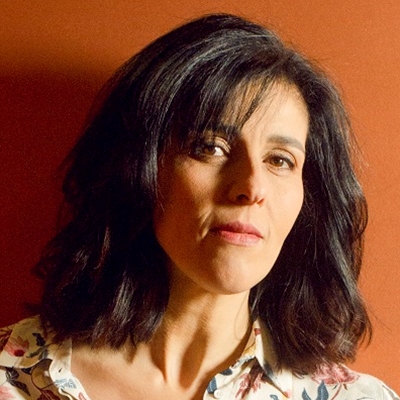
Event 9
A dialogue with the great Nigerian Nobel Laureate – poet, playwright and novelist. He talks about the rewriting of history, the making of language, culture wars, multiple identities and the storyteller’s duty to speak up. Chaired by Peter Florence.

Event 10
The first in our series of film and documentary screenings selected for Hay Festival Abu Dhabi by Sheyma Buali, Director of BBC Arabic Festival - the BBC News Arabic initiative platforming talented filmmakers and journalists whose work focuses on current issues in the region.
These four short films by female directors take us through the effects of war on individuals and their families. Whether in an assumed safe zone, in exile or remembering previous generations who spoke out for justice, these dramas take us on a voyage across today’s Arab World. Informed, accomplished and impassioned, each film presents an imagined telling of the consequences of war and the hope for freedom.
The films in order:
One Minute, Dina Nasser, 2015, 11’
Only Silence, Katia Jarjoura, 2018, 30’
Rupture, Yassmina Karajah, 2017, 15’
The Calling, Mariakenzi Lahlou, 2017, 24’
Free but ticketed
In partnership with BBC News Arabic
Event 11
Tahmima Anam, Joumana Haddad, Miguel Syjuco and Bettany Hughes
The Writers’ Table
– Venue: Tolerance Majlis
From the intimate truths of fiction and poetry to the geopolitics of a volatile global reality, this is the first of a series of panel conversations in English and Arabic where writers respond to the audience's questions about the big issues of the day and reimagine the world.
Chaired by Mina Al Oraibi, editor-in-chief of The National.
Event 12
Formed during a late-night jam session at the American University of Beirut in 2008, Mashrou’ Leila have become one of the biggest bands from the Middle East. Renowned for their electro-pop anthems, they return to the UAE with their distinct approach to storytelling and orchestration, drawn from their collective experiences of modern Arab youth identity.

Event 13
From the hieroglyphs on the walls in Medina to mobile txt-speak, the Arabic scholar and broadcaster previews clips from her forthcoming documentary film series tracing the development of alphabets and script in human civilisation.
Chaired by Carlo Pizzati, author, political analyst for la Stampa and professor of theory of communication at the Asian College of Journalism. His most recent memoir is Bending over Backwards (Harper Collins '19).
Event 14
The award-winning novelist discusses her explorations of the turbulent emergence of Bangladeshi identity, culture and society in A Golden Age, The Good Muslim and The Bones of Grace. She talks to novelist Miguel Syjuco, professor at New York University Abu Dhabi (NYUAD).

Event 15
Zaal has been working in the landscape design industry for more than 15 years. In 2006 she established Second Nature Landscapes and began work on Al Barari – the UAE’s most distinguished, luxurious and sustainable residential development. Her work won her three awards. In 2015, she became the first ever Arab landscape designer to participate at RHS Chelsea Flower Show where she won a silver gilt medal. In 2016 she won a silver gilt at the Gardening World Cup. She discusses how she has used her garden designs to promote tolerance and to educate others about Islam and culture in the UAE.
Chaired by Amandeep Bhangu.
Event 16
The Egyptian novelist discusses her writing and her heroic Palestine Festival of Literature (Palfest), celebrated in an anthology This is not a Border: Reportage and Reflection from the Palestine Festival of Literature. Soueif’s award-winning fiction includes In the Eye of the Sun and The Map of Love. Her non-fiction work includes Cairo: Memoir of a City Transformed.

Event 17
The Keralan polymath – diplomat, novelist and politician – talks about literature, comedy, technology and the new world order. He is author of The Great Indian Novel, Show Business, and the non-fiction works Inglorious Empire: What the British Did to India, The Paradoxical Prime Minister and The Elephant, The Tiger and the Cellphone. Anam is the British Bangladeshi author of The Bones of Grace.

Event 18
Through ancient art, evocative myth, exciting archaeological revelations and philosophical explorations, the classicist and broadcaster shows why the goddess endures in the 21st century, and what her journey through time reveals about what matters to us as humans.
Charting Venus’ origins in powerful ancient deities, Hughes demonstrates that Venus is far more complex than would at first appear. Beginning in Cyprus, the goddess' mythical birthplace, she decodes Venus' relationship to the Greek goddess Aphrodite, and, in turn, Aphrodite's mixed-up origins not only as a Cypriot spirit of fertility and of procreation – but also as a descendant of the prehistoric war goddesses of the Near and Middle East, Ishtar, Inanna and Astarte.
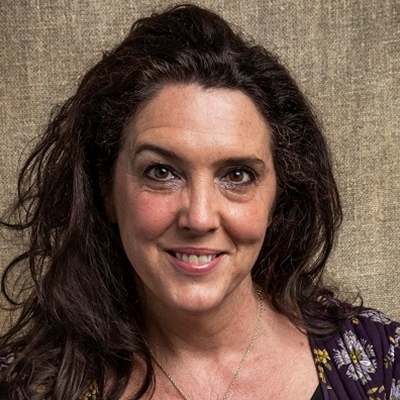
Event 19
The second in our series of film and documentary screenings selected for Hay Festival Abu Dhabi by Sheyma Buali, Director of BBC Arabic Festival - the BBC News Arabic initiative platforming talented filmmakers and journalists whose work focuses on current issues in the region.
Iraq: A State of Mind is an award-winning BBC Arabic produced feature documentary (52') by Namak Khoshnaw. In the past 40 years Iraq has endured three major wars, a violent coup, two invasions, a decade of bombing, two insurgencies, attack by the so-called Islamic State group, and a sectarian civil war. Living through such relentless bloodshed has taken a heavy toll on the nation's mental health. There's only one psychiatrist for every 300,000 Iraqi people and just one psychiatric hospital in the entire country. This film tells the stories of children who, as a result of extreme trauma, are suffering a severe physical impairment such as the inability to talk or walk. A year in the making, this highly acclaimed BBC Arabic documentary has won two prestigious awards, the BUPA Mind Media Documentary Award and the Grierson Best Current Affairs Documentary Awards in 2019.
Free but ticketed
In partnership with BBC News Arabic
Event 20
The multi-award-winning historian presents The Anarchy, a cautionary tale of the rise of the East India Company, a vast and ruthless private army, and perpetrators of one of the most supreme acts of corporate violence in world history.
Dalrymple’s other books include In Xanadu, Nine Lives, The Return of a King and The Last Mughal.
Chaired by Carlo Pizzati, author, political analyst for la Stampa and professor of theory of communication at the Asian College of Journalism. His most recent memoir is Bending over Backwards (Harper Collins '19).
Event 21
A conversation about telling Iraq’s stories. Shahad al Rawi is author of The Baghdad Clock, winner of the First Novel Award at the Edinburgh Book Festival, she talks to Nezar Andary from Zayed University.

Event 22
The first Muslim woman and first Iranian citizen to receive the Nobel Peace Prize is a lawyer who, at age 23, also became one of the first women judges of the country, and at age 30, one of the first magistrates in Tehran. Currently exiled in London, she continues to work for human rights and democracy, carrying the message she expresses in her autobiography, Until We Are Free, to every place she visits. Chaired by Ahmed El Shamsy.
Consecutive Farsi to Arabic translation available
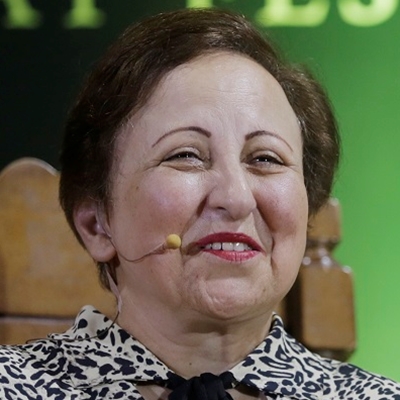
Event 23
Youssef Rakha is an Egyptian novelist and journalist who has worked for Al-Ahram Weekly since 1997. He co-founded the English language paper The National in Abu Dhabi in 2007–8 and in 2009 he was selected as one of the best Arab writers under 40, for the Beirut 39 project. His three novels are The Book of the Sultan's Seal, The Crocodiles and its sequel Paolo. The Book of the Sultan’s Seal was awarded the Saif Ghobash Banipal Prize for Arabic Literary Translation in 2015. Paolo is the eye-witness account of a man involved in the Egyptian 'revolutionary movement' since 2011, who shares his experiences of the period before the election of Morsi and the struggles going on behind the scenes but is not all he appears to be.
Lebanese editor, poet and novelist Joumana Haddad has published several widely acclaimed poetry collections, including I Did Not Commit Enough Errors, Lilith's Return, The Panther Hiding at the Base of her Shoulders, Bad Habits, and The Mirrors of Passers By. She was also selected for the Beirut 39 celebration. Her books have been translated into many languages and published internationally. Her first novel The Seamstress' Daughter is a beautiful and exacting examination of four generations of women across the last century in the Middle East.
